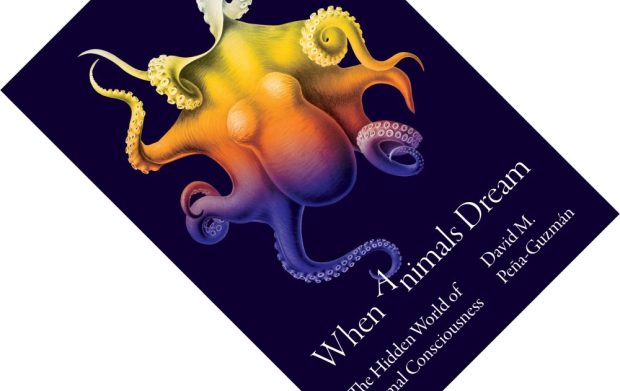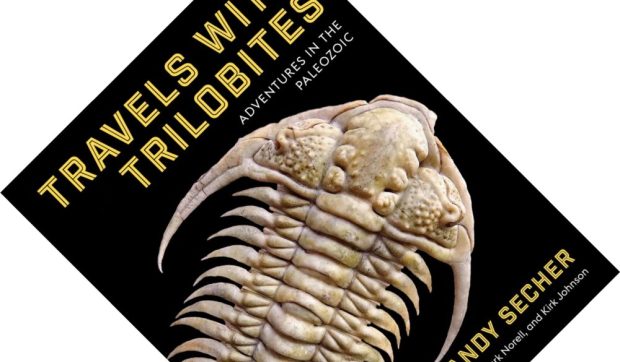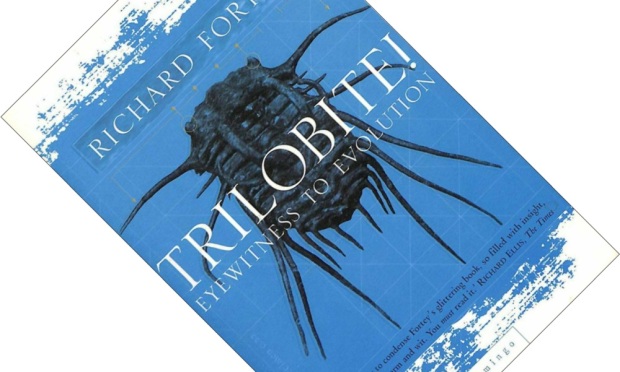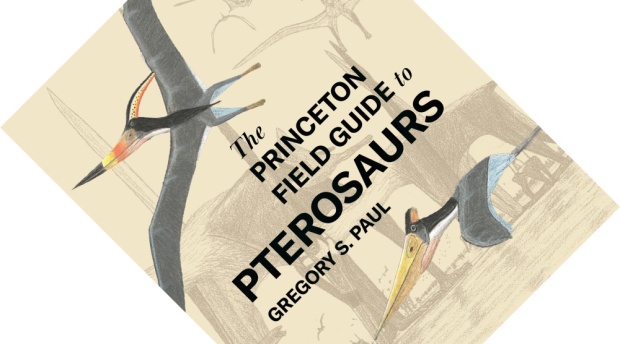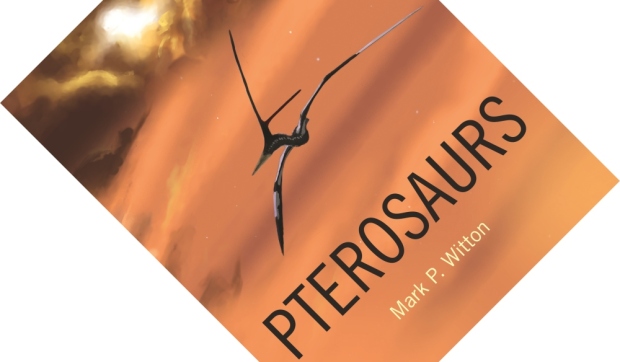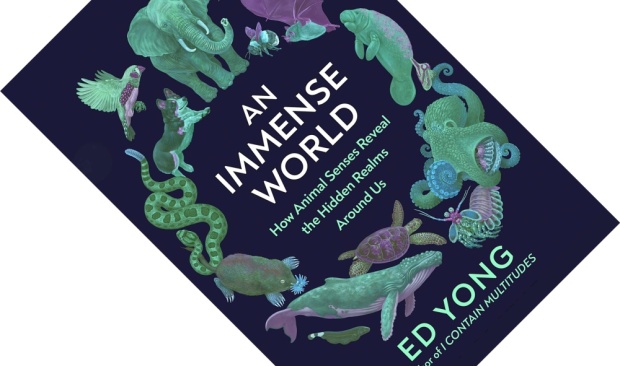7-minute read
keywords: ethology, neurobiology, psychology
If trying to figure out what goes on in the minds of animals when they are awake seems hard, how much harder is it not to figure this out when they are asleep? Do animals even dream? David M. Peña-Guzmán, a professor of humanities and liberal studies, thinks they do. When Animals Dream delves into both empirical research and philosophy to explore whether animals dream, what they might be dreaming of, and what the philosophical and moral implications of this are.

